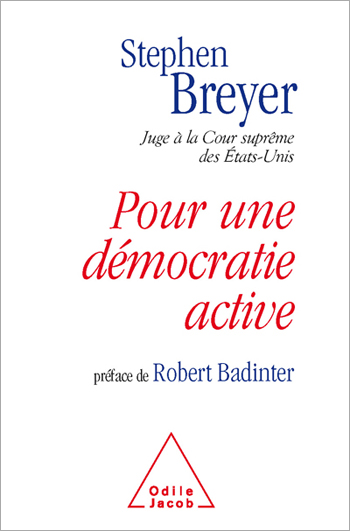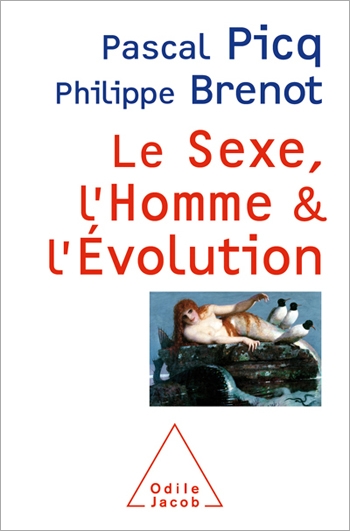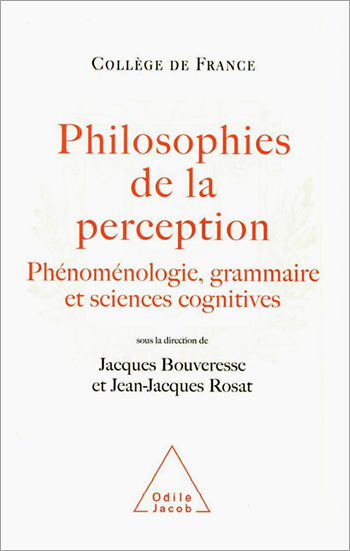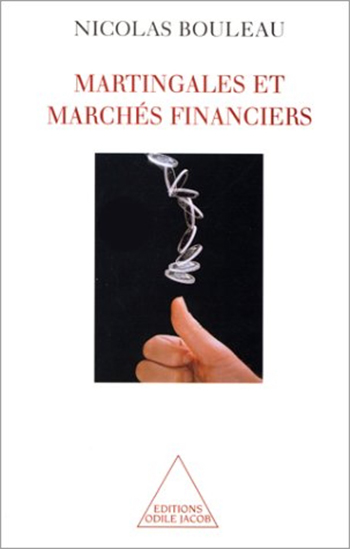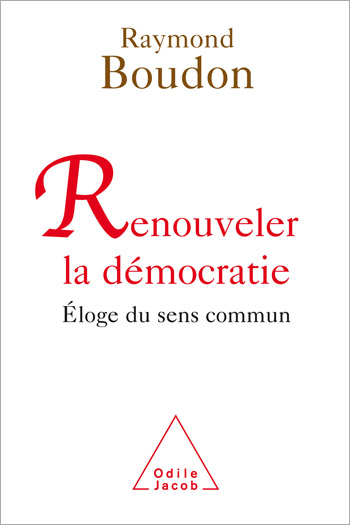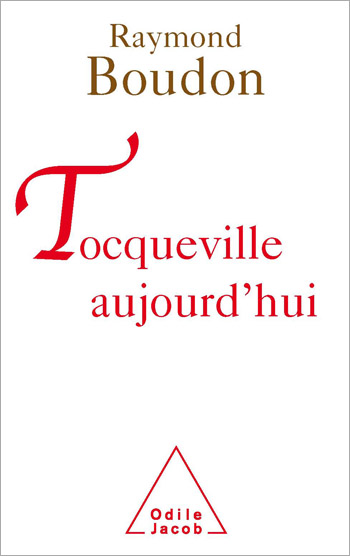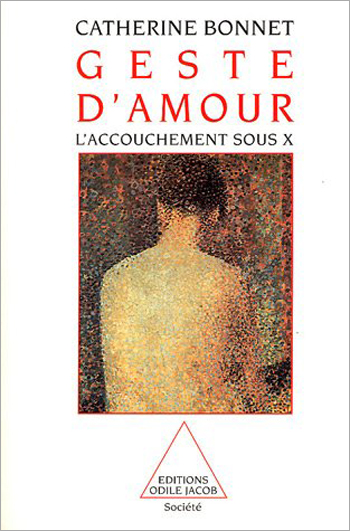Human Sciences All books
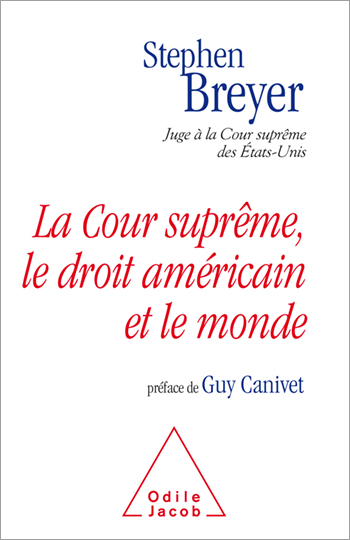
Stephen Breyer
The Court and the World American Law and the New Global Realities
n this original, far-reaching, and timely book, Justice Stephen Breyer examines the work of the Supreme Court of the United States in an increasingly interconnected world, a world in which all sorts of activity, both public and private—from the conduct of national security policy to the conduct of international trade—obliges the Court to understand and consider circumstances beyond America’s borders.

Jean-Denis Bredin
A Comedy of Appearance
A beautiful woman fascinated by her body, excludes herself from the world to love herself better... Two lovers tear each other apart after promising to always tell the truth to one another... Both cruel and funny, these short-stories describe the unease of a society, ours, which is dying of appearances, a society where everyone, man and woman, resembles what he she would like to be. Narcissism, lies, selfishness: the foundations of happiness are quite fragile nowadays. Through these acid portrayals, Jean-Denis Bredin, a lawyer and a writer, member of the French Academy, evokes a new era of suspicion.
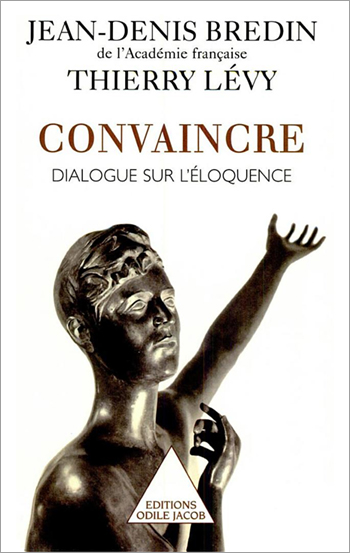
Jean-Denis Bredin, Thierry Lévy
Convince A Discussion of Eloquence
Two of France's most celebrated lawyers demonstrate the power of skillfuloration and how it can subordinate the actual facts. Anyone that is fascinated by speech, judicial history, and the art of debate, will truly enjoy gaining the knowledge, power and sense of conquest that this book imparts as they learn from the masters how to use eloquence advantageously. Entertaining, savage and brillant, this dialogue promises to help all with the art of elocution.

André Brahic
A Manifesto for Science
Because science fascinates and awakens the mind, it should be given pride of place in society and education
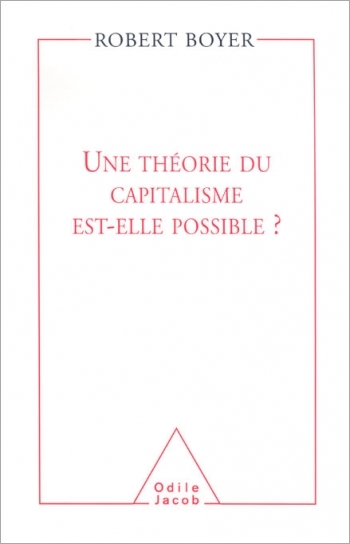
Robert Boyer
General Theory of Capitalism is it possible?
Robert Boyer is a leading figure of the regulationist school of economics, which believes that capitalism requires external, political, monetary and social regulations, and that the capitalist economy cannot be reduced to the self-regulating laws of the market. In this book, he proposes a general theory of capitalism, from two angles. First of all, he argues that there are several models of capitalism - not just one. America's ultra-liberal capitalism is unlike German capitalism, which is characterised by the fusion between banks and businesses, just as it is unlike French state-interventionist capitalism and Japan's capitalism of consensus. Secondly, in order to understand how capitalism works, every aspect has to be considered - not just the market but also political and social institutions (the State, central banks, unions, etc.) and the conventions they create among themselves (salary agreements, etc.). Robert Boyer is a research fellow at the Centre National de la Recherche Scientifique, a director of studies at the Ecole des Haute Etudes en Sciences Sociales and a member of the French prime minister's Council for Economic Analysis.

Fatma Bouvet de la Maisonneuve
Women's choice
woman physician-psychiatrist appraises the condition of women in today’s society.

Jacques Bouveresse, Daniel Roche
Freedom Through Knowledge: Pierre Bourdieu, 1930-2002 (Travaux du Collège de France)
Gathered in this volume are the texts of lectures given in memory of Pierre Bourdieu at an international colloquium held on 26-27 June 2003 and jointly organised by the Collège de France and the Ecole Normale Supérieure, with the backing of the Hugot Foundation.

Dominique Bourg
In Defence of an Ecological Sixth Republic
Proposals for a reform of the French Constitution in the run-up to the 2012 Presidential elections
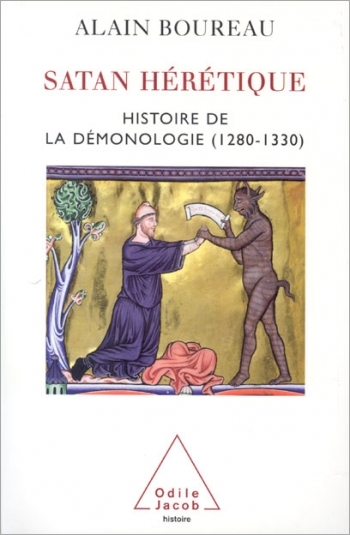
Alain Boureau
Satan, the Heretic History of demonology in Medieval Europe, 1260-1350
Alain Boureau is one of the most original French medievalists. In his earlier, best-selling book on the droit du seigneur, he showed that such a custom had never actually existed. The present work is not about Satan and Satanism, but about the birth of demonology, i.e. about the demons that inhabit Satan's Court - a fascinating topic for a medievalist. Before the end of the thirteenth century, theology had shown little interest in demons, according to Boureau. But Saint Thomas Aquinas' Treatise on Evil, written in 1272, changed all this. Boureau tries to find an explanation. He is not concerned with why people believe in demons - he has not written a social history of demonology. Instead, he sets out to understand why theologians became interested in the subject - for this is a history of theological ideas about demons. The author summarises his explanation as follows: I propose that the date of the invention of demonology be moved forward by more than a century, not because a new doctrine was established and enforced then, as was the case in the fifteenth century, but because of the considerable procedural changes that assimilated witchcraft and invocations of the devil with the crime of heresy, which in turn led to new legal developments and more revelations. In addition, the injection of doctrinal content into the ancient theme of the devil's pact explained demoniac activity in the world. The issue that lies at the heart of these discussions about a pact with the devil, evil and evidence is obviously the emergence of our legal system. Alain Boureau is a director of studies at the Ecole des Hautes Etudes en Sciences Sociales.
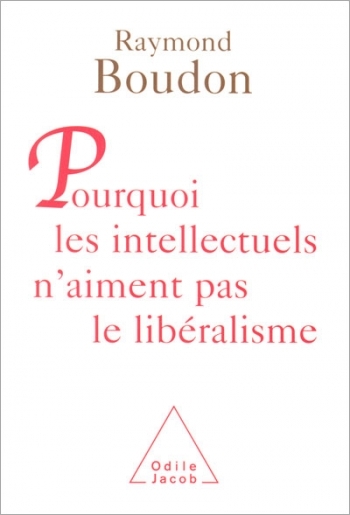
Raymond Boudon
Why intellectual peoples don't like liberalism
Given the intellectual force of liberalism, its political appeal, its economic effectiveness and its historical significance, why is it so unpopular among French intellectuals? Why does it elicit so little serious discussion? And why is it the object of so much confusion, so many clichés and misunderstandings? Is it simply out of resentment, because intellectuals feel that the market does not afford them the material and symbolic rewards that they believe they deserve? Is it just because they prefer to play a critical role in a society where capitalism is triumphant? Perhaps, but these reasons do not explain everything and they certainly dont explain the systematic rejection of liberal thought in France. A sociologist of knowledge rather than of social determinism, and a specialist in belief systems, Raymond Boudon ruthlessly analyses the cognitive mechanisms that make liberalism so hateful in the eyes of French intellectuals. The result is a keen, detailed review of the clichés that have encumbered discussions for more than thirty years. Raymond Boudon, a professor at the University of Paris-IV, is a member of the Académie des Sciences Morales et Politiques. He us the author of numerous works, most notably LInégalité des chances, La logique du social, LIdéologie ou lorigine des idées reçues, LArt de se persuader, Le Sens des valeurs and Déclin de la morale? Déclin des valeurs. He is the co-author, with R. Leroux, of Y a-t-il encore une sociologie?

Catherine Bonnet
A Gesture of Love Giving birth anonymously
Why do some women give birth anonymously so that their child is instantly adopted? A pedopsychoanalyst, Catherine Bonnet recounts the heart-breaking testimonies of these suffering women whose single gesture of love is to protect their child from the violence within themselves. A fresh look at the foundations of maternity and of filiation. Catherine Bonnet is a pedopsychoanalyst.

Raymonde Bonnefille
Following Lucy Expeditions in Ethiopia
A unique account by one of the few women to have actively participated in the great archeological expeditions in the Omo Valley in the 1970s.



